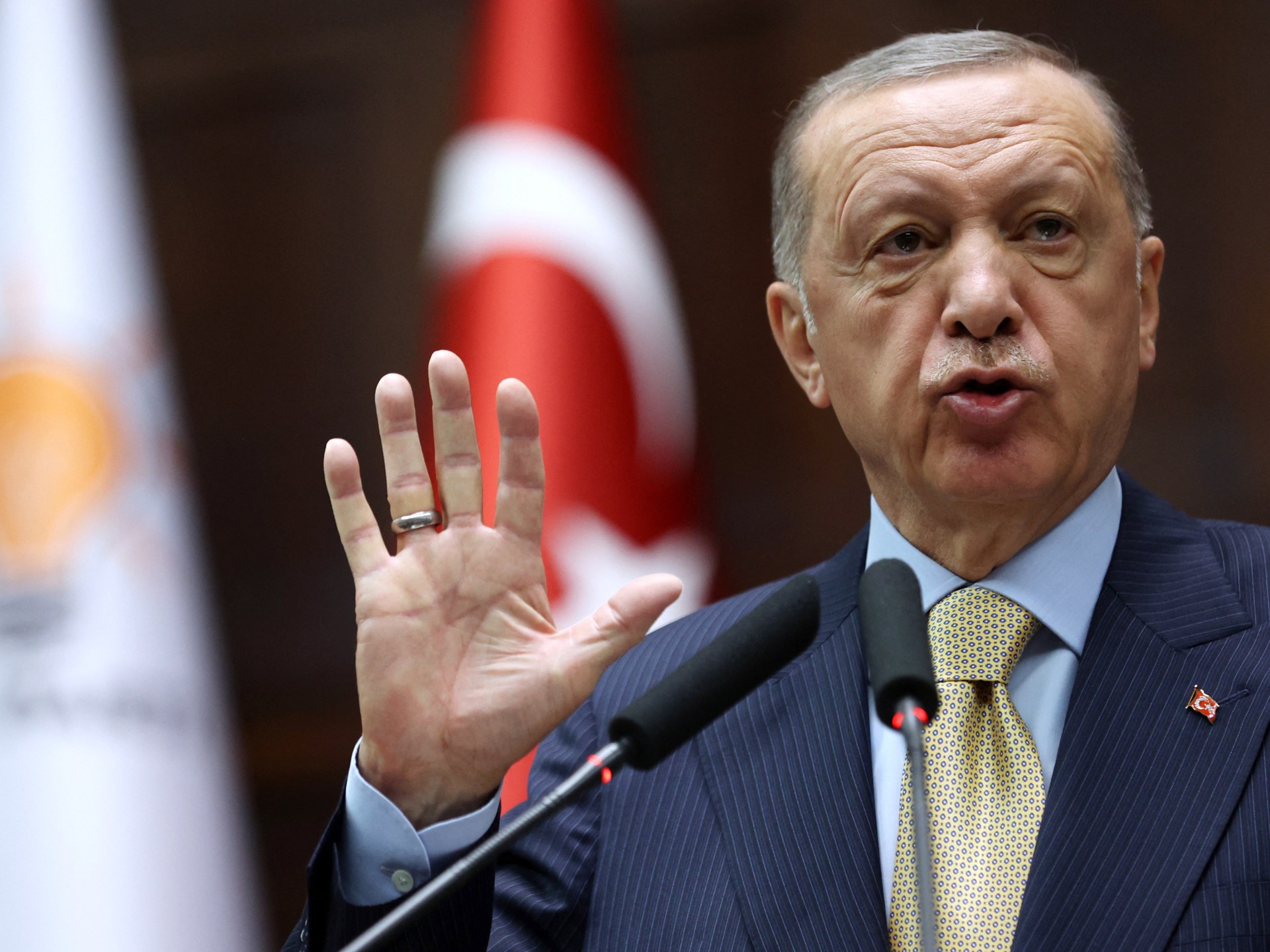Turkey has been repeating over the past days that its comprehensive military operation in northern Syria could be launched at any moment and could be implemented in various forms, with the aim of expanding the security belt along its southern borders and eliminating organizations it considers terrorist.
At the head of the organizations that Turkey classifies as terrorism is the Kurdistan Workers' Party (PKK) and its Syrian branch, the People's Protection Units, which form the backbone of what is known as the Syrian Democratic Forces.
At the same time, consultations are continuing with the actors, specifically Russia and the United States, who are seeking to persuade Turkey to cancel the operation that it insists on carrying out.
Until the decision to implement this operation is taken, a state of apprehension and cautious calm prevails in the areas under the control of what is known as the Syrian Democratic Forces, with the continuation of Turkish reinforcements and the increase in the intensity of the air and ground bombardment of the areas, installations and headquarters of these forces in northeastern Syria.
In the midst of this state of anticipation, the Turkish army does not stop bombing the sites of the PKK and its branches in Syria and Iraq with various types of weapons, in preparation for the new operation in northern Syria, despite the American and Russian calls for restraint and de-escalation.
Possible scenarios
Regarding the scenarios of the Turkish operation, Dr. Ali Bakir, an expert on Turkish affairs, indicated - in his interview with the "Scenarios" program (1/12/2022) - that the Turkish side is determined to launch its ground operation based on all the official statements of Turkish officials, but it is looking for the possibility of settlements. It allows him to achieve his goals without procrastination to take advantage of the least possible cost of Ankara's strategy to protect the country's borders.
For his part, the writer and researcher on Kurdish affairs, Hussein Chalabi, saw that Turkey has created, through its bombing operations across the border, a reality that is difficult to undo, expecting that Ankara, when it feels that America has given it the green light, will resort to a ground operation without the possibility of determining its appropriate time, and to At that time, Ankara will continue its aerial bombardment.
Colonel Miles Caggins, senior researcher at the New Lines Institute for Political and Strategic Studies, predicted that Turkey will continue its air strikes and artillery bombardment and will focus on assassinating senior officers and leaders of the Syrian Democratic Forces, but if it comes under international pressure, it will work to calm the situation and carry out low-level attacks.
In this context, Turkish Defense Minister Hulusi Akar revealed that Washington had asked Ankara to re-examine the possible military operation, and that Ankara had asked in return to fulfill the pledges made to it.
previous operations
Turkey had previously carried out 3 operations in northern Syria against the US-backed Kurdish People’s Protection Units, where the first operation under the title “Euphrates Shield” took place, and it lasted for nearly 7 months and ended in March 2017, during which the Syrian opposition, with Turkish support, took control of Azaz, Jarabulus and the city Al-Bab in the eastern countryside of Aleppo.
As for the second military operation, it was titled "Olive Branch", which began in 2018 and lasted for 4 months, during which the city of Afrin, north of Aleppo, was captured.
In October 2019, Turkey launched Operation Peace Spring, followed by the Sochi agreement between Turkey and Russia, which stipulated the preservation of the status quo and Turkey's control at a depth of about 30 kilometers from the border, including the cities of Tal Abyad and Ras al-Ain.

